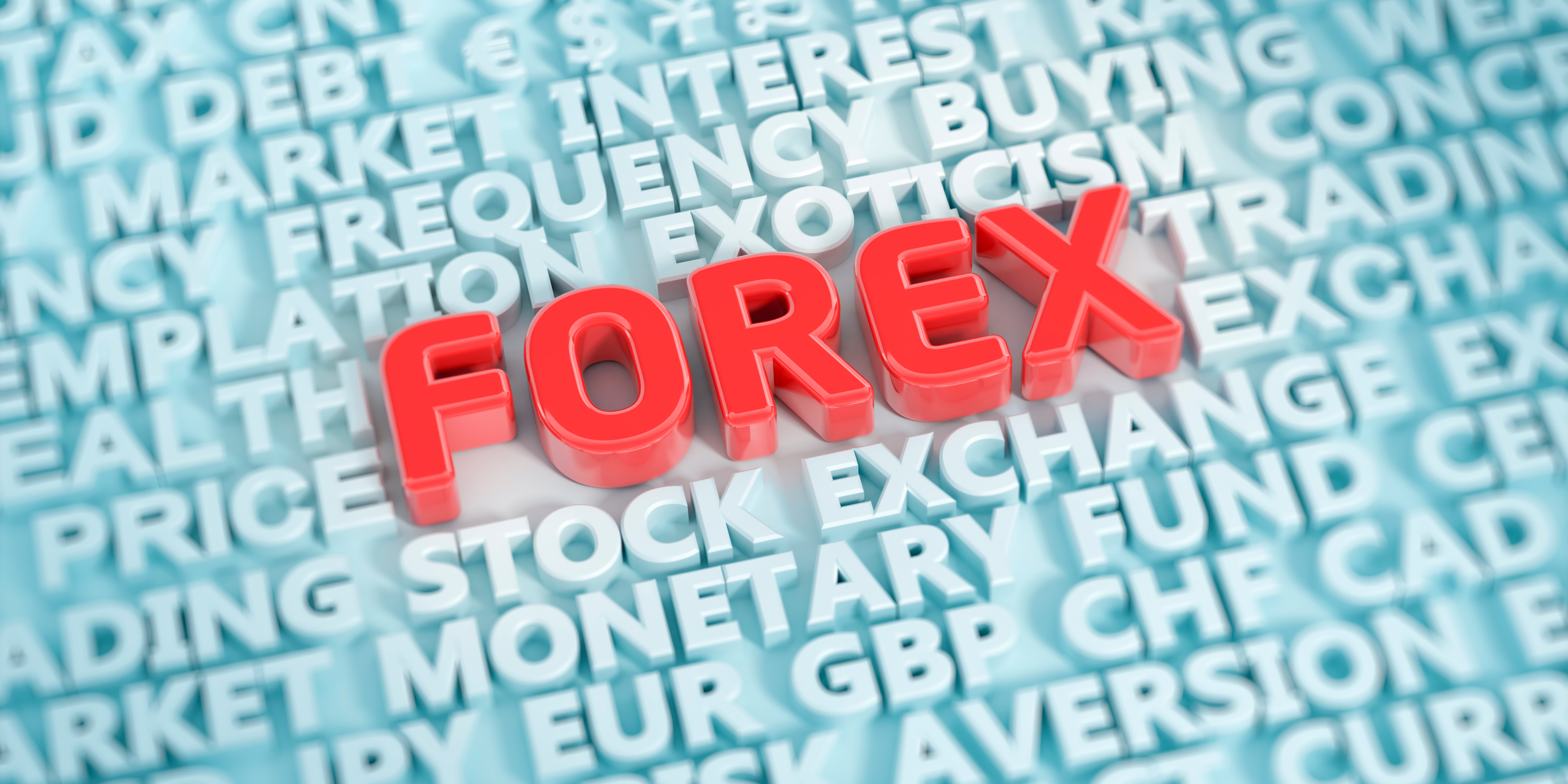Is Forex Trading Legit or a Scam? Understanding and Identifying Forex Scams
The possibility of making large earnings makes trading in foreign exchange, or forex trading, appealing to traders all over the world. With the growing number of forex trading scams, it is hard to find best forex broker or best forex trading platform and important to determine if forex trading is legitimate or a scam, as well as to recognize and steer clear of forex scams.
Understanding the Fundamentals of Forex Trading
Understanding the fundamentals of the Forex market is important before moving into the question of whether forex trading is a scam. Exchanges for all currencies worldwide operate on the decentralized foreign exchange market or Forex market. With more than $6 trillion worth of trade per day, it is the biggest and most liquid financial market in the whole globe. A thorough grasp of market dynamics, extensive study, and analysis are necessary for legitimate forex trading.
Identifying Forex Scams
The Forex market has turned into a haven for dishonest operators because of the huge stakes and the promise of rapid rewards. It’s critical to identify the indicators of a scam on forex platforms to protect yourself. Typical traits of Forex scams consist of:
Promises of High Returns with Low Risk
Victims are frequently drawn in by fraudsters who offer large returns with little to no risk. As all trading is inherently risky, no reliable trading strategy can provide consistently high profits.
Lack of Transparency
A trading platform or Forex broker is probably a fraud if it is not open and honest about its fees, trading methods, or business practices. A trustworthy broker will provide you with comprehensive details about the services they offer and how they run.
Unregulated Brokers
Look for regulated forex brokers because effective regulation is essential in the foreign exchange market. Unregulated brokers are easily able to commit fraud since they are not subject to any regulation.
Common Characteristics of Forex Scams
Recognizing the typical characteristics of Forex scams might assist you in avoiding becoming a victim of them. Here are some warning signs:
- False claims: This includes those that there would be little to no risk and huge profits assured.
- Pressure to Invest Fast: Fraudsters frequently put pressure on potential victims to make investments fast, depriving them of the time needed to do a thorough investigation.
- Unregistered Brokers: Financial authorities register and regulate legitimate brokers. Usually, deceptive entities function without this kind of supervision.
- Absence of Verified Information: Proceed cautiously if you are unable to independently confirm the broker’s claims or find testimonials and feedback from previous traders.
- Difficult Withdrawal Procedures: Fraudsters frequently impose steep withdrawal fees or other obstacles, making it exceedingly difficult for victims to get their money back.
Protecting Yourself from Online Forex Scams: Essential Strategies
Implementing Risk Management Strategies
Any trader must have effective risk management techniques, but this is especially true in the Forex market. Here are some tactics to think about:
- Set Stop-Loss Orders: This limits the amount you can lose on a trade.
- Expand Your Portfolio: Avoid investing all of your capital in a single trading technique or currency pair.
- Stay Informed: Maintain a constant state of knowledge regarding trading tactics and the Forex market.
Main Types of Forex Scams
It might assist you in avoiding Forex scams if you are aware of their primary forms. Among the most typical are:
- Signal Seller Scams: These individuals sell trading signals, claiming they can predict market movements. Often, these signals are unreliable, and the sellers disappear after taking your money.
- Robot Trading Scams: These involve selling automated trading systems or “robots” that supposedly trade on your behalf. Many of these robots are ineffective and can lead to significant losses.
- Broker Scams: Some brokers engage in fraudulent activities such as manipulating spreads, refusing to process withdrawals, or simply disappearing with clients’ funds.
- Ponzi Schemes: These operations create the appearance of a profitable business by paying returns to past investors with funds from new investors. When the scheme finally comes to an end, investors lose their money.
The Role of Regulatory Authorities in Combating Forex Scams
Laws that protect investors and maintain the integrity of the financial system are enforced by regulatory authorities. Regulators including the Australian Securities and Investments Commission (ASIC), the Federal Trade Commission (FTC), and the Federal Bureau of Investigations (FTI), and many keep an eye on brokers and punish those who commit fraud. Select a broker who is governed by a reliable body at all times.
File a Complaint if Victimized
Victims of forex scams must take action. File a complaint to seek justice. Also, stay informed with our list of deceptive brokers. Contact us if you require any assistance. We are available to support you throughout this difficult time.
Visit our Facebook Page
Visit Twitter
Read Cryptoreclaim.com review, Trubluefx review, and Tauracapital review.
